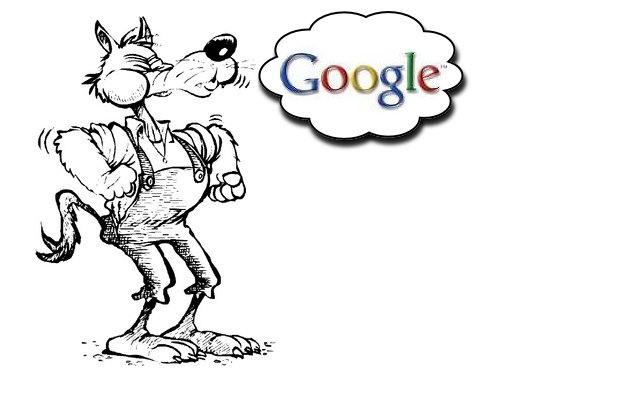Who's afraid of the big bad cloud?

Tech news has been dominated this week by Google's announcements regarding their upcoming Chrome OS. Plenty of geeks are excited at the prospect of a lightweight, user-friendly, Linux-based operating system that, if only on the basis of brand cache, can be a potential Windows competitor in some important sub-markets. Plenty of industry insiders and business analysts are excited at the revenue potential for Google and new levels of competition. You know who aren't excited? Those who say we aren't ready for an OS dependent upon "The Cloud" (dramatic music plays here).

Uhhhh...because my time should be spent on my real business (in my case, integrating technology into education and ensuring that teachers have the data and resources they need to do their own jobs), not running servers when Google can do it infinitely better than I can or when other SaaS vendors can leverage large virtualized data centers to deliver high quality services to me quickly and with minimal intervention on my part.
This isn't just about Google and Chrome, though (although they are very much at the center of this issue). Brian Chen of Wired, is, not surprisingly, talking about the Chrome OS when he asks,
The idea is such: Give up the computing experience you’ve grown accustomed to for over a decade. Come live in Google’s browser.
Why would anyone wish to do that today, tomorrow or even next year when the OS ships?
This is a typical, narrow view of the cloud. Maybe he hasn't noticed, but for those of us who use a smartphone more than a PC or a web browser more than any other software (this includes a lot of people, by the way; trust me - I'm not writing this in Word), we've already given up our turn-of-the-millennium computing experience. Quite happily, I might add.
The cloud, if we choose to use it as such, even allows us to deliver much of that old-school computing experience through application and desktop virtualization. You don't have to use Google Apps to embrace the cloud. IBM's Client for Smart Work can be deployed over the cloud, providing a full desktop experience with a simple piece of client software. Citrix XenApp just needs a browser to deliver whatever desktop applications you need. Obviously, we're not talking AutoCAD or Adobe Premiere here, but desktop productivity is a piece of cake, all within a browser window.
As Virtual Bridges (a maker of light VDI software) puts it,
By making these desktops “virtual”, a user can access the same desktop environment whether they are at home, the office, the road or anywhere where there is a machine connected to the network.
By consolidating these desktop sessions onto centrally-managed servers, users no longer have to self-maintain their desktops or put unnecessary burdens on the Help Desk. This means literally putting your desktops in the data center and allowing access to them securely over the network. Accessing your personal desktop is as easy as accessing a web page.
Obviously, Virtual Bridges has a vested interest in getting businesses to use cloud-based virtual environments. And yet, these are proven technologies dating back to the good old days of VNC (which, not surprisingly, is still around). It's just relatively recent advances in hardware speed, network performance, and software sophistication that have finally allowed really significant scalability and delivery of environments like IBM's Smart Work Client or SIMtone’s Universal Cloud Computing.
Whichever way you head, whether using virtualization in the cloud or using cloud applications and storage like Google Docs and Zoho, cloud detractors need to wake up and smell the Internet. They ask why I would trust my data to the likes of Google or IBM; I ask why I'd entrust sensitive data to a user with a laptop.
Instead of cursing our hyperconnected society, let's leverage all that connectivity. Leave your thumb drives for other interesting pursuits, leave spinning hard drives to be someone else's failures, and use the cloud wherever it makes sense. Don't trust Google? How about IBM or Amazon? For that matter, it isn't all that hard, especially for organizations with substantial IT resources, to host their own clouds.
Who's afraid of the big bad cloud? A lot of people. I however, am not one of them. Seriously...bring it on. I'm more than happy to pay someone to handle my IT administrivia for me so that I can focus on adding real value to my organization. I'll gladly let Google (or whomever) put out my brushfires. I just want to get to work which, in this evolving "creativity economy", does not mean troubleshooting Exchange servers and reimaging desktops.
Chrome OS: Some Early Preview Videos
Live from Googleplex: Chrome OS details revealed
The cloud finally comes to education
What possible computer disasters can be associated with cloud computing?